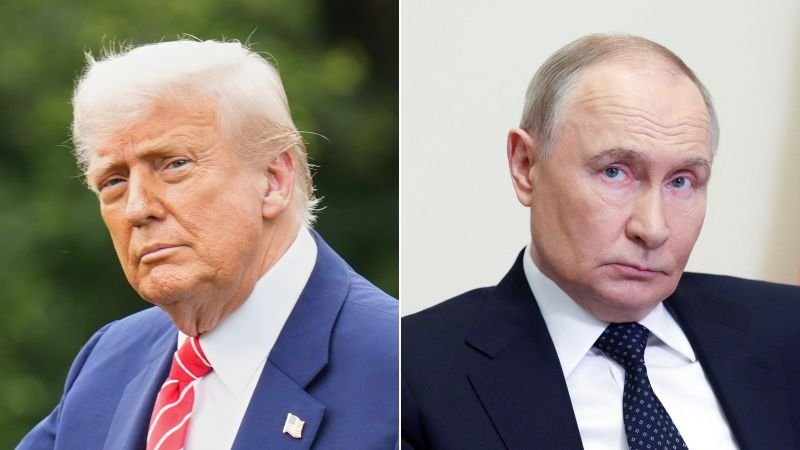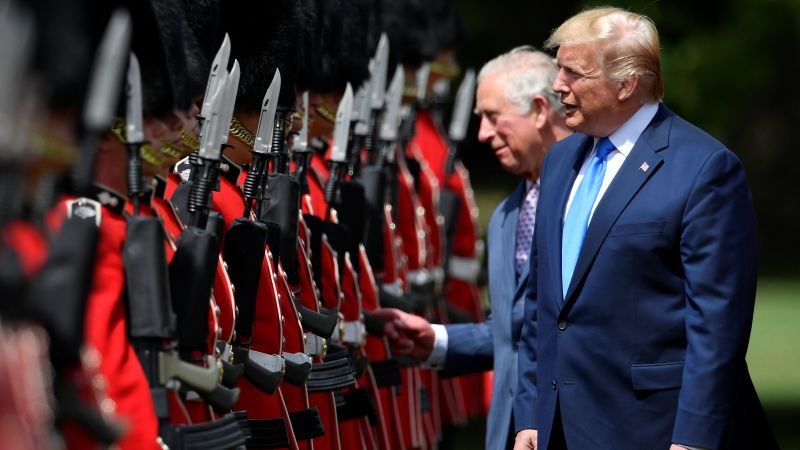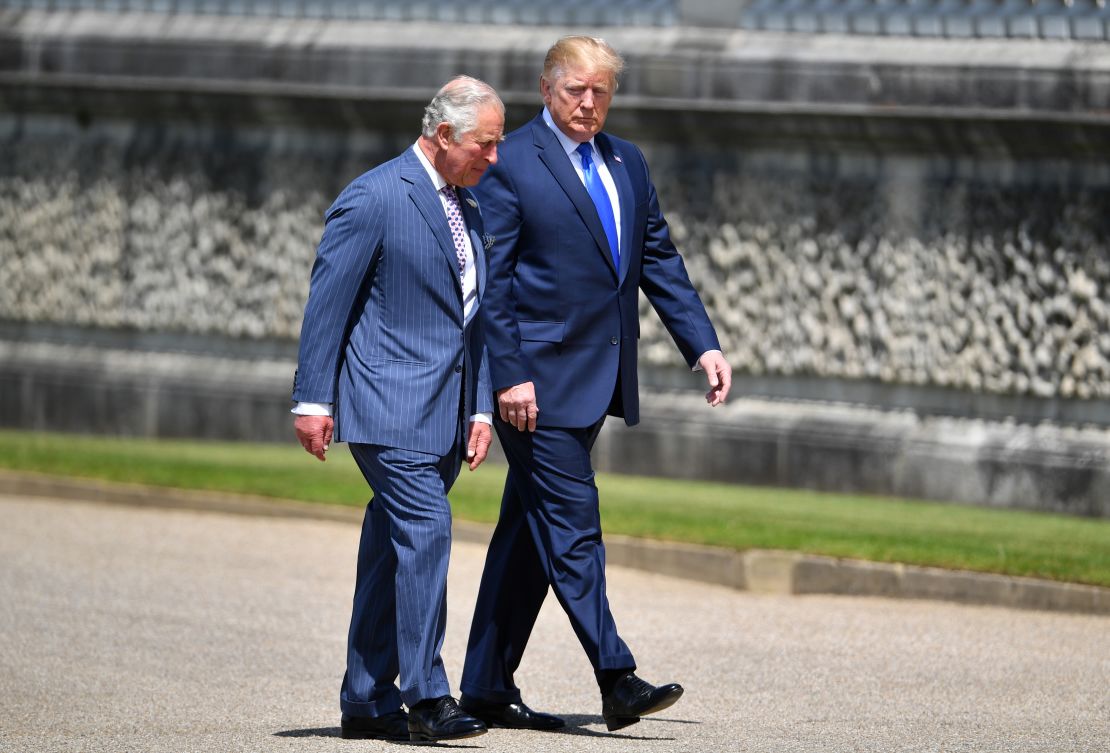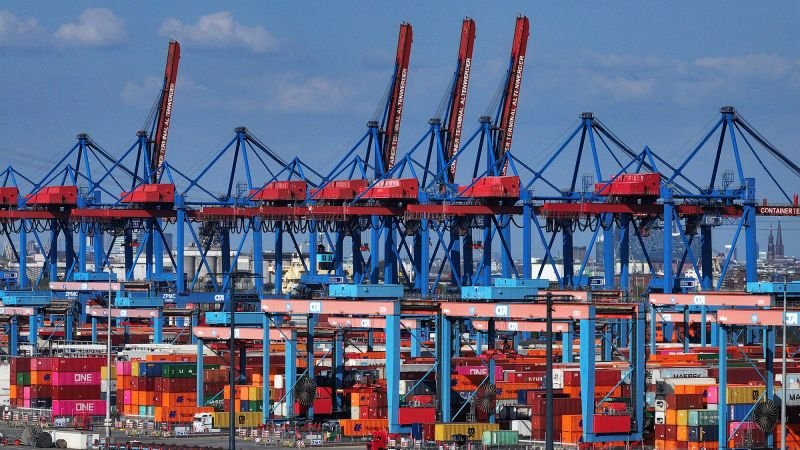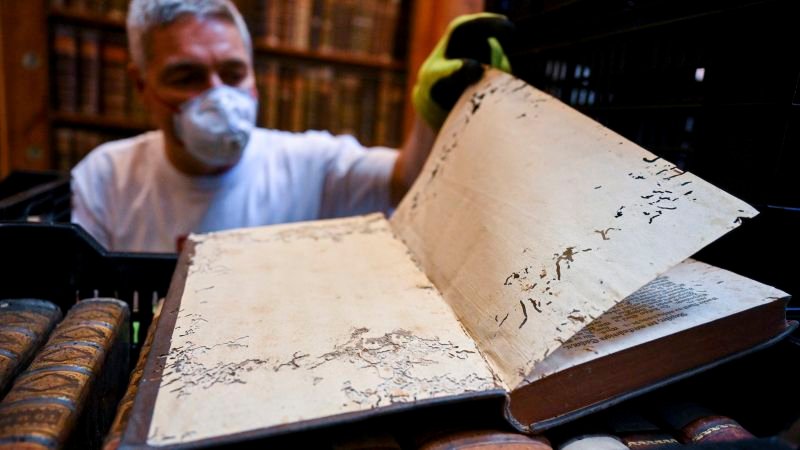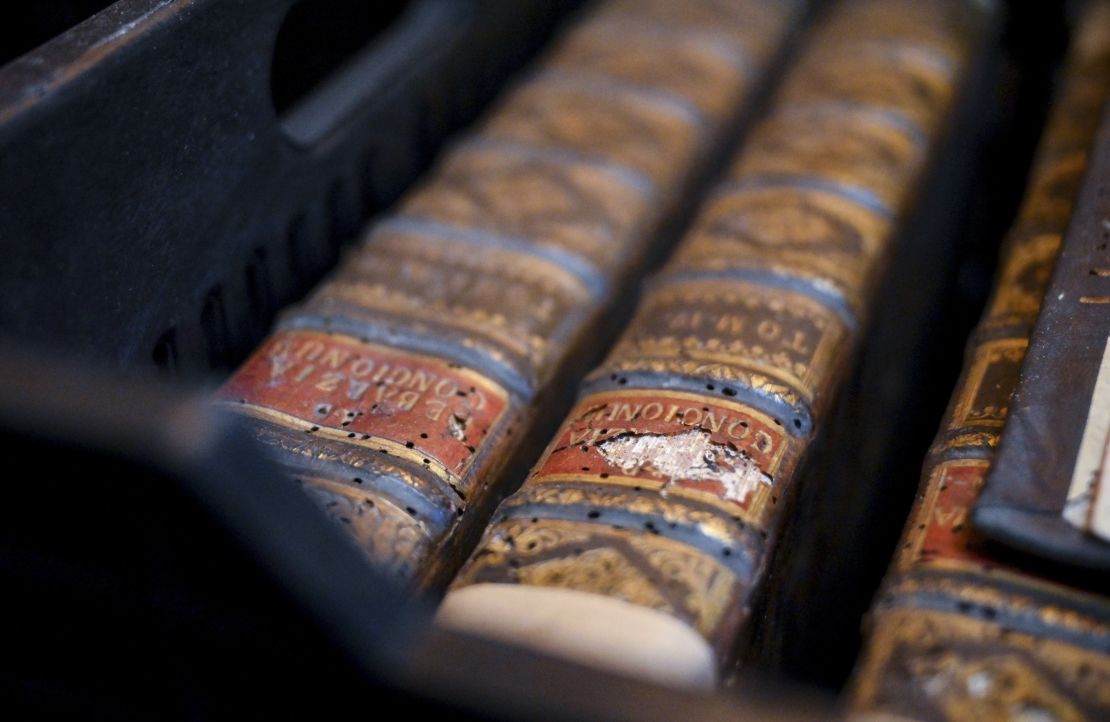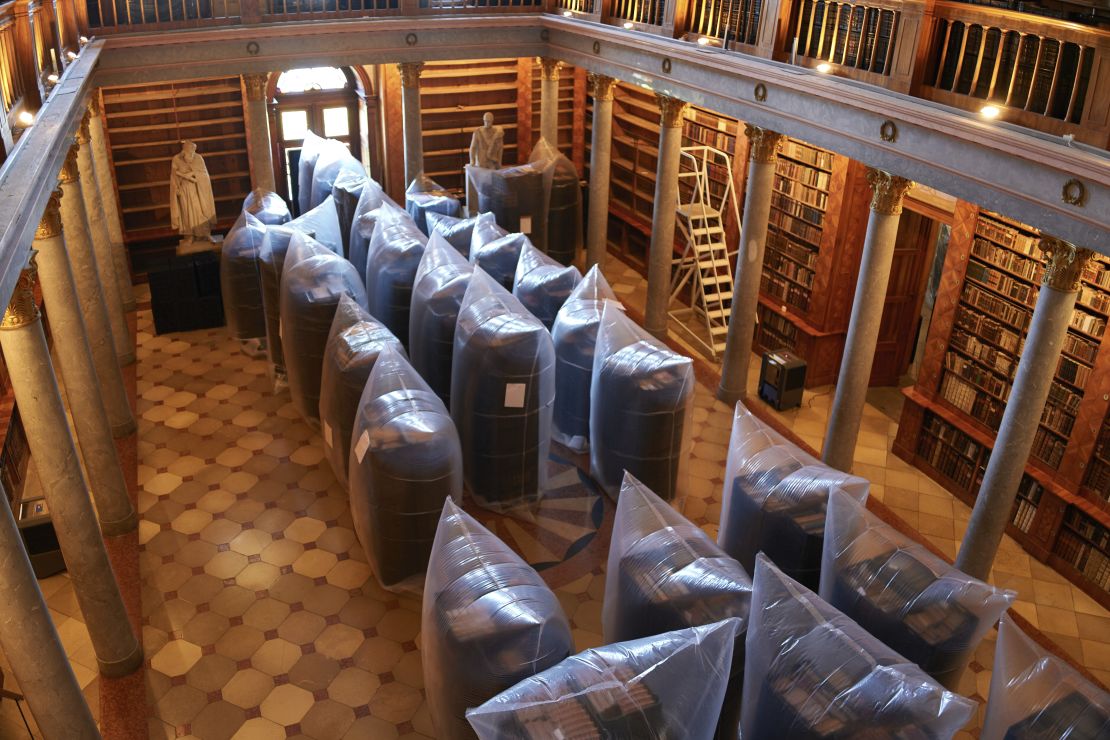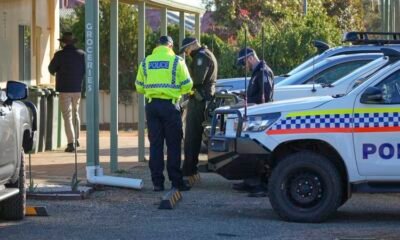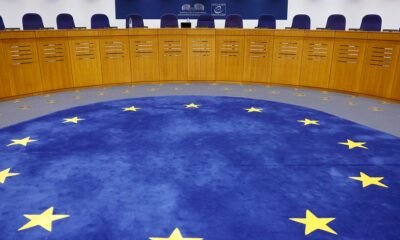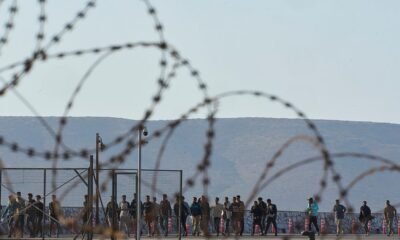CNN
—
Russian President Vladimir Putin told President Donald Trump in a phone call Wednesday that he was obligated to respond to Ukraine’s weekend drone attack, Trump said, setting up a potential escalation in the conflict just as the US president hopes to broker an end to the war.
The leaders’ conversation was their second time speaking in a matter of weeks. Trump, who announced the call afterward in a post on Truth Social, made no mention of applying pressure on the Russian leader to agree to a ceasefire, or to calibrate his reprisal for Ukraine’s audacious drone attack on Russian airfields over the weekend.
Instead, Trump acknowledged the 75-minute conversation would not yield an immediate end to the war in Ukraine.
“We discussed the attack on Russia’s docked airplanes, by Ukraine, and also various other attacks that have been taking place by both sides,” Trump wrote in a post on Truth Social that’s since been deleted. “It was a good conversation, but not a conversation that will lead to immediate Peace.”
“President Putin did say, and very strongly, that he will have to respond to the recent attack on the airfields,” he went on.
Trump’s matter-of-fact description of the call offered little evidence of advancement in his attempts to end the war. The president said last week he would be able to determine within two weeks whether Putin was serious about negotiating a ceasefire but has said little about how he would make that assessment. Meanwhile, there’s been increasing pressure on Trump to levy additional sanctions against Russia, which he has so far resisted.
Russian and Ukrainian officials met earlier this week in Istanbul for direct talks on ending the war, but both sides emerged without budging from their positions. Trump has taken credit for bringing the two sides together for face-to-face discussions.
Neither Trump nor the White House have publicly reacted to the weekend drone attacks beyond saying saying Ukrainian officials hadn’t informed them of the planned assault ahead of time. Previously, Trump had lashed out at Putin after Russian aerial assaults on Ukrainian cities.
New footage released Wednesday showed in stunning detail the surgical precession with which the Ukrainians struck their targets, damaging or destroying military aircraft that Moscow has been using to terrorize Ukrainian civilians with near daily aerial attacks.
The video, released by the SBU, Ukraine’s security agency, shows drones approaching dozens of planes of different types across several airfields as aircraft burn and explode around them.
Ukrainian military officials said 41 Russian aircraft were hit, including strategic bombers and surveillance planes, with some destroyed and others damaged.
In his readout of the Wednesday call, Trump said he also discussed Iran with Putin as he works to complete a nuclear agreement with Tehran.
“We also discussed Iran, and the fact that time is running out on Iran’s decision pertaining to nuclear weapons, which must be made quickly!” he wrote. “I stated to President Putin that Iran cannot have a nuclear weapon and, on this, I believe that we were in agreement.”
He said Putin would likely join discussions with Iran.
“President Putin suggested that he will participate in the discussions with Iran and that he could, perhaps, be helpful in getting this brought to a rapid conclusion. It is my opinion that Iran has been slowwalking their decision on this very important matter, and we will need a definitive answer in a very short period of time!” Trump wrote.
The Kremlin has confirmed the phone call, Russian state news agency TASS said Wednesday, citing spokesperson Dmitry Peskov.
This story has been updated with additional developments.

